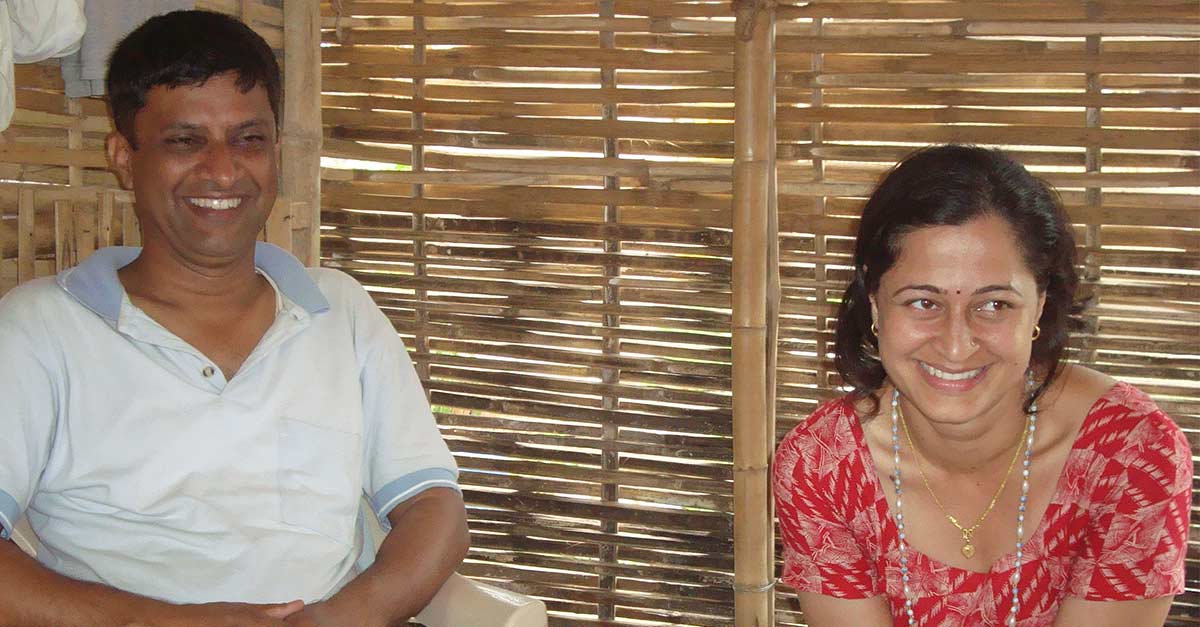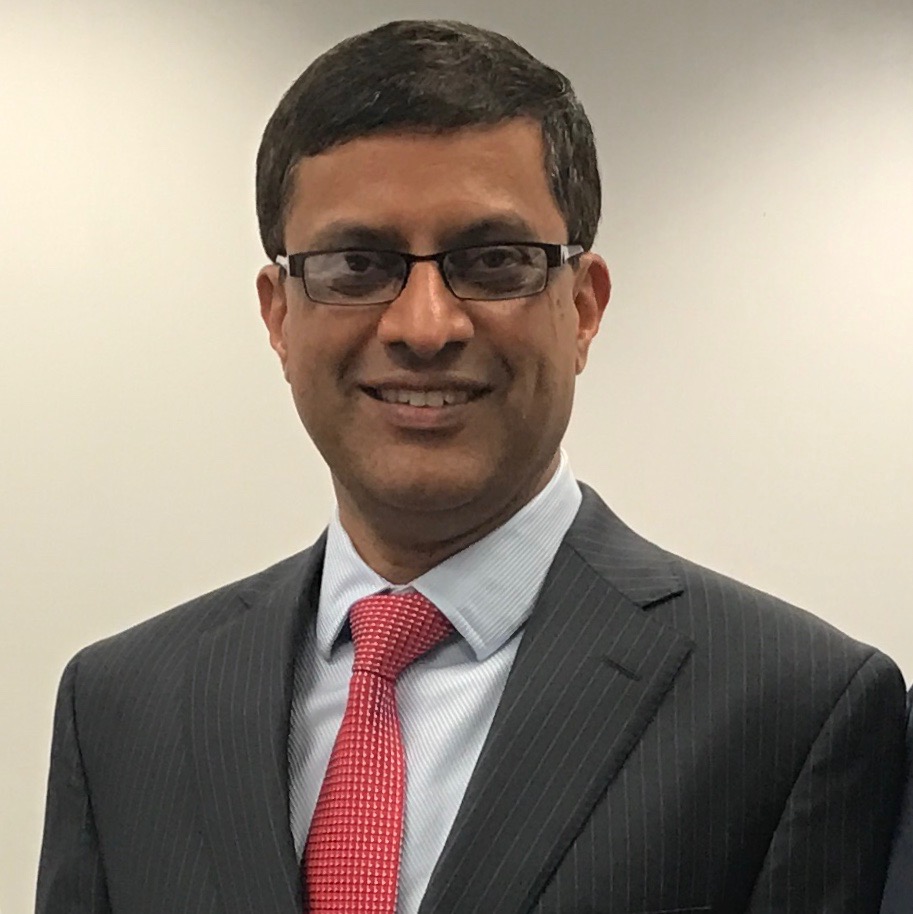DSM USA Welcomed Me with Open Arms from a Refugee Camp
My journey started in Bhutan, where the political turmoil took me to the refugee camps of Nepal in 1991 and then to the U.S. in 2009 as part of the resettlement program. My almost two decades of stay in makeshift refugee camps was a constant struggle to find a semblance of “normal” life. My second chance at life brought me to Greater Des Moines (DSM) where I now call home. I have not only managed to adapt to American culture while maintaining my own but have also found ways to give back to the community that welcomed us with open arms.
Background
I am originally from Gelephu, located in the Sarbhang district of Bhutan. I lived in Bhutan until I was 21-years-old, which was when I was forced to flee to India and then to Nepal as a result of the unstable political environment.
Bhutan had a monarchy government since 1907 until the mid-2000s. During the mid-1980s, the fourth King Jigme Singye Wangchuck imposed the mandatory “one nation, one people” policy wherein people could only wear the national dress — the dress of the king’s ethnic group — and speak the national language of Dzongkha. This policy was imposed with an aim to evict people of Nepali ethnicity inhabiting the southern part of Bhutan, the place where my family and I belonged. Bhutan had a population of around 700,000 in the late 80s and early 90s. Due to such policies, threats and persecution carried out by the authoritarian monarchy, about 100,000 people fled Bhutan during this time. The fourth king abdicated the throne in 2006 and his son became king in the same year. In 2008, Bhutan elected its first parliament.
Fleeing Home
While I attended college at Sherubtse College in 1991, the only college in Bhutan, I received a telegram that said to come home as soon as I could for a mandatory immigration census. This census, as it turned out, would directly impact only the Nepali speaking population of the south. When I arrived, I came across a longtime friend who, I noticed, was acting rather strange. After some coaxing, my friend finally revealed to me that security forces had been looking for all or any members of my family. I was devastated to learn my family had fled their birth place. I knew it wasn’t safe to return to my family home, so I traveled to a relative’s place across the border in India. Upon my arrival, I was relieved to find my family there. We were very fortunate to be so quickly reunited.
A few days later we crossed the border into Nepal via bus, about 200 miles away, and ended up in a refugee camp. We remained in refugee camps, first in the banks of Kankai River and later in the United Nations-run Goldhap refugee camp. The camps were located in eastern Nepal and were set up by the United Nations High Commissioner for Refugees (UNHCR). Life in the camp was difficult. There was no electricity, and food and water were scarce. The huts had thatched roofs with bamboo walls. Luckily, I was granted a German scholarship DAFI through the U.N. that allowed me to complete my Bachelor of Science degree in New Delhi, the capital city of India. After completing my degree, I could have stayed in Delhi, but I kept my promise to return to the camp and serve my community. Upon arriving in the refugee camp where my parents and siblings were living, I was appointed by CARITAS Nepal, an NGO that provided education to the 30,000 plus refugee students of all refugee camp schools, to serve as a volunteer deputy-headteacher in Goldhap camp. Given my confidence and leadership skills in running the school administration successfully, people nominated me as the camp secretary, the highest elected position to run the administration of the refugee camp in Nepal. After serving as deputy-headteacher of the school for two years and secretary of camp for almost a year, I decided to support my younger siblings in their higher studies. I resigned from both posts and started living outside of the camp where I taught in schools and earned a small income to provide for my family and support my four siblings’ higher studies outside the camp.
I met my wife in the refugee camp and we married 2001. We are proud parents of two wonderful kids, Pradyumna, 14, and Pranika, 3.
 While my fellow 120,000 Bhutanese refugees and I lived in the refugee camp, the Nepali and Bhutanese governments held 14 rounds of bilateral talks to send our people back home to Bhutan. Unfortunately, these talks yielded no results. The core group of eight countries, Australia, Canada, Denmark, New Zealand, the Netherlands, Norway, the United Kingdom and the United States, decided to resettle the refugees on humanitarian grounds. It took almost 18 months for my family and me to complete the vetting application process for third country resettlement. This is the typical amount of time it takes for any refugee family to be resettled from the beginning of the application process until departure to the U.S. Once my family learned we were accepted, it didn’t take us long to learn we would be resettled in DSM. My family did not all come together and resettled here at various points from 2009 – 2011.
While my fellow 120,000 Bhutanese refugees and I lived in the refugee camp, the Nepali and Bhutanese governments held 14 rounds of bilateral talks to send our people back home to Bhutan. Unfortunately, these talks yielded no results. The core group of eight countries, Australia, Canada, Denmark, New Zealand, the Netherlands, Norway, the United Kingdom and the United States, decided to resettle the refugees on humanitarian grounds. It took almost 18 months for my family and me to complete the vetting application process for third country resettlement. This is the typical amount of time it takes for any refugee family to be resettled from the beginning of the application process until departure to the U.S. Once my family learned we were accepted, it didn’t take us long to learn we would be resettled in DSM. My family did not all come together and resettled here at various points from 2009 – 2011.
Adjusting to a New Life
I came to the U.S. knowing four languages, including English. Although the colloquial use of words took some time to understand, language was not a huge cultural barrier. What was significantly different from what I was used to was my new right to freedom of speech. Under Bhutan’s monarchy, the Bhutanese community could not speak out against the king’s beliefs, laws or actions without it leading to grave consequences. Coming to the U.S. where freedom of speech is very important to society and key to a democratic government, this was an adjustment for my family and me. We no longer had to live in fear of having an opinion that might differ from that of the government.
DSM is Welcoming
DSM has been so positive and helpful since I arrived. It is a refugee-welcoming community, and people have been very accepting. I feel that I can ask anything and everything and someone will help. My family and I felt a warm welcome when we arrived in Iowa. The other exciting thing for my wife and I was the hope of becoming a citizen of this great country since we had lived with the status of statelessness for two decades. We are so proud that we are now citizens. We are ready to use our civic rights and vote in all local, state and national elections. It is a privilege for people like me to be a citizen protected by the constitution of this wonderful country. I shall never take it for granted. We no longer feel that our future is dark. Our kids are doing great in school and as community members. The sky is the limit for success now. It is a whole new life, like a rebirth, for all of us.
Giving Back to the Community
My first job was working in an assembly line in a factory. I then applied and was selected for a Bilingual Community Outreach Worker position with Des Moines Public Schools (DMPS) in August 2010. I was a liaison between the families and DMPS where I helped newly resettled Nepali-speaking families go through the admission and registration process for enrolling their children in school. I was also a voice of the parents and families for their concerns in schools. Likewise, I helped the staff by bridging the cultural gap and educating them on cross-cultural competencies.

It has been my dream to return to the teaching world to teach math or science and that dream finally came true in July 2017. I was offered, and accepted, a position as a math teacher at McCombs Middle School for the 2017 – 2018 school year. Additionally, my wife found a job at Dillard’s in 2010.
Building Roots
Some of my Bhutanese friends and I also spent time collaborating with Drake Legal Clinic and Lutheran Services in Iowa to create a nonprofit called Bhutanese Community in Iowa. I worked with this organization as an elected board member until 2014. In 2015, we opened another nonprofit organization, Hindu Cultural and Educational Center (HCEC). It serves to create outreach and volunteer opportunities, as well as teach the community about Hindu culture, Nepali language, English as a Second Language (ESL) and citizenship classes. One of our projects consisted of building a multicultural community hall and eventually a Hindu temple in DSM to accommodate the large Hindu population. We have received enough generous donations to be able to purchase a piece of land to begin construction of the hall and temple.
The Bhutanese Nepali community is one of the most successful newly resettled communities to embrace changes in our lives without losing our unique cultural identity. HCEC has directly contributed to the smooth resettlement transition by engaging the community members of all ages through various activities. I feel proud and honored to contribute my time, expertise and energy for the community as founder director and elected board director in both of our community organizations. We are striving to instill a sense of community building in the younger generation’s mind, so our culture and language are retained for future generations.
I feel lucky to be in DSM with my family surrounded by wonderful community members, supportive colleagues and friends.
Through the Global DSM international talent strategy, The Partnership works to establish Greater Des Moines (DSM) as a global community attracting and retaining foreign-born persons to the region. Check out more Global DSM stories.